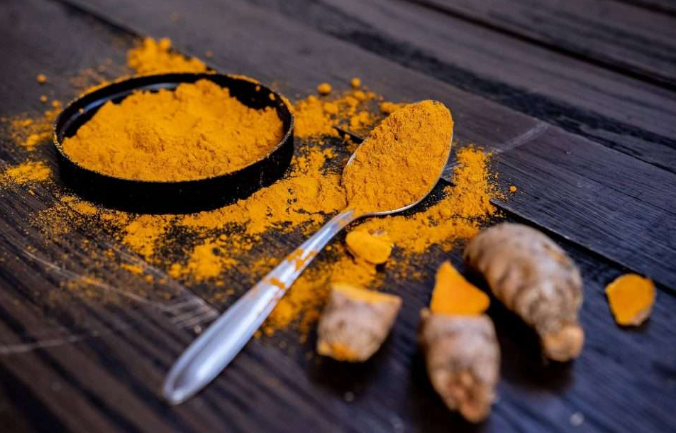Curcumin, the active compound found in turmeric, has gained significant attention in recent years for its potential health benefits. Beyond its traditional culinary uses, curcumin supplement has been studied extensively for its therapeutic properties, particularly in weight loss and metabolic health. This article explores the scientific evidence supporting curcumin’s role in promoting weight loss and improving metabolic health, shedding light on its mechanisms of action and potential applications.
Curcumin and Weight Loss
Curcumin’s potential role in weight loss has garnered significant attention, particularly in light of the global obesity epidemic. Obesity poses a significant public health challenge, predisposing individuals to a myriad of metabolic disorders such as cardiovascular issues, type 2 diabetes, and fatty liver disease. Studies have suggested several mechanisms through which it may exert its anti-obesity effects.
1. Regulation of Adipocyte Function
Adipocytes, or fat cells, are central to energy balance and lipid metabolism. Excessive adiposity contributes to obesity and associated metabolic dysregulation. This turmeric extract has been shown to modulate adipocyte function by inhibiting the development of new fat cells (adipogenesis) and promoting the breakdown of existing fat stores (lipolysis). It may help mitigate weight gain and adipose tissue expansion by regulating adipocyte activity.
2. Enhancement of Energy Expenditure
Curcumin has also been implicated in boosting energy expenditure, a critical determinant of weight management. Research suggests that curcumin supplementation can stimulate thermogenesis, the process by which the body generates heat and burns calories. By enhancing thermogenesis it may promote calorie expenditure and facilitate weight loss efforts.
3. Modulation of Gut Microbiota
The gut microbiota, comprising trillions of microorganisms inhabiting the gastrointestinal tract, plays a vital role in metabolism and energy regulation. Dysbiosis, or imbalances in gut microbial composition, has been linked to obesity and metabolic dysfunction. It exhibits prebiotic properties, fostering beneficial gut bacteria growth while inhibiting harmful microbes’ proliferation. By modulating gut microbiota composition, this turmeric extract may support metabolic health and aid in weight management.
Curcumin and Metabolic Health
Beyond its role in weight loss, curcumin has demonstrated potential benefits for improving various aspects of metabolic health.
1. Regulation of Insulin Sensitivity
Insulin resistance, characterised by diminished cellular responsiveness to insulin, underlies many metabolic disorders, including obesity and type 2 diabetes. It has been shown to enhance insulin sensitivity by modulating insulin signalling pathways and reducing inflammation in insulin-responsive tissues. By improving insulin sensitivity, curcumin may help regulate blood glucose levels and mitigate the risk of diabetes.
2. Modulation of Lipid Metabolism
Elevated lipid levels are common features of metabolic syndrome and are associated with the risk of cardiovascular problems. Curcumin has been found to improve lipid profiles by lowering total cholesterol, LDL cholesterol, and triglyceride levels while elevating HDL cholesterol levels. These lipid-modulating effects may help protect against atherosclerosis and other cardiovascular complications associated with metabolic syndrome.
3. Anti-inflammatory and Antioxidant Effects
Chronic inflammation and oxidative stress contribute to metabolic dysfunction and the progression of obesity-related complications. It exerts potent anti-inflammatory and antioxidant effects, scavenging free radicals and inhibiting inflammatory pathways. Curcumin may help alleviate metabolic disturbances and promote overall health by mitigating inflammation and oxidative stress.
In conclusion, curcumin, the bioactive component of turmeric, holds promise as a natural remedy for weight loss and metabolic health enhancement. Through its multifaceted effects on adipocyte function, energy expenditure, gut microbiota, insulin sensitivity, lipid metabolism, and inflammatory pathways, curcumin supplement offers a holistic approach to combating obesity and associated metabolic disorders. Further research is warranted to fully elucidate its therapeutic potential and optimise its clinical utility. Nevertheless, incorporating this golden spice into one’s diet may offer a simple yet effective strategy for supporting weight management and metabolic wellness.

